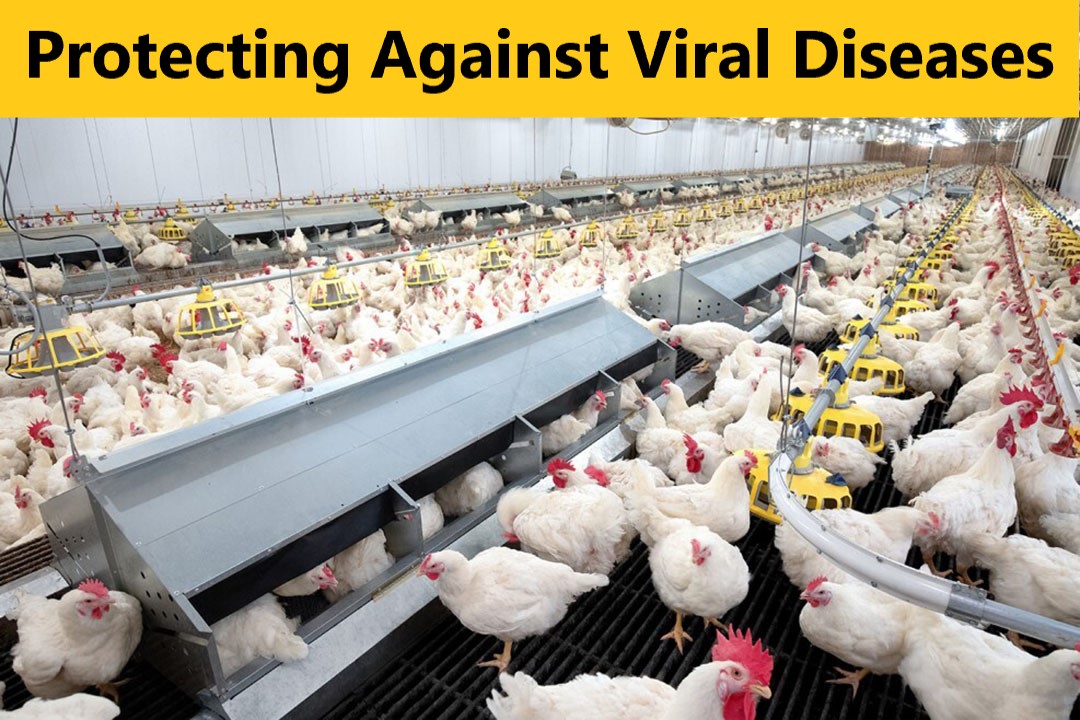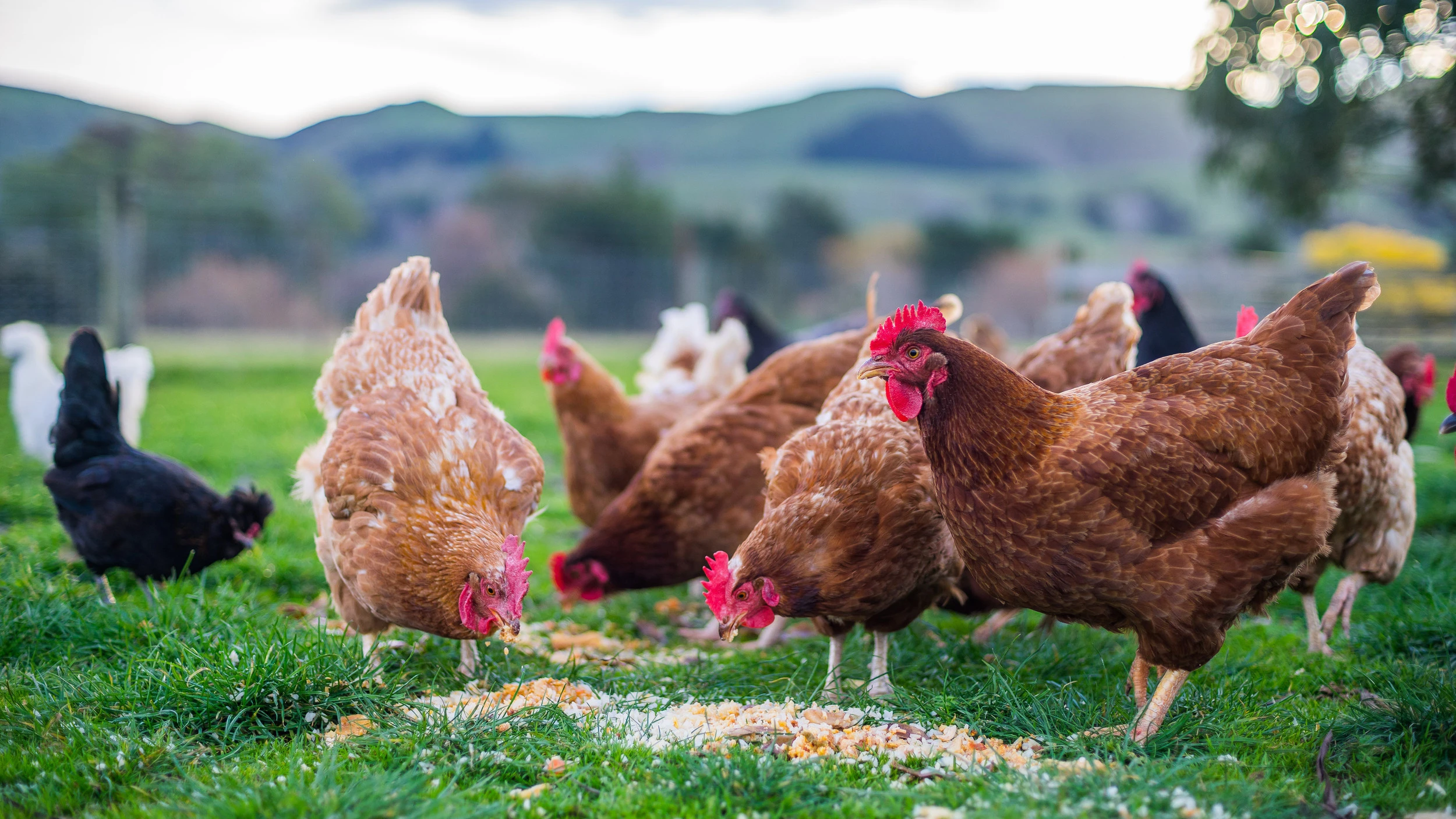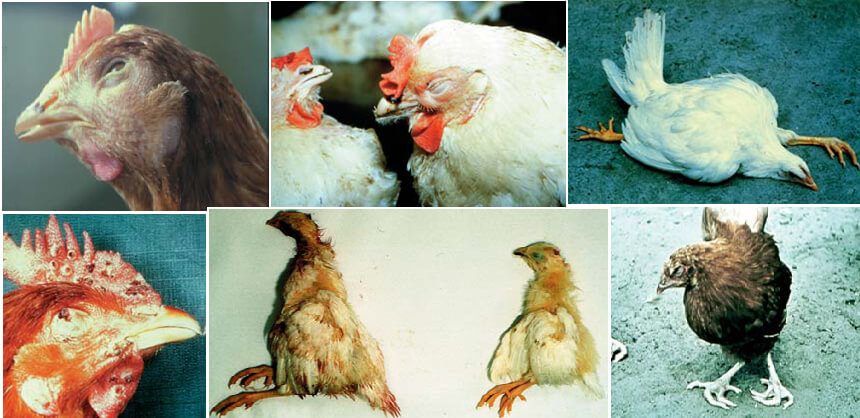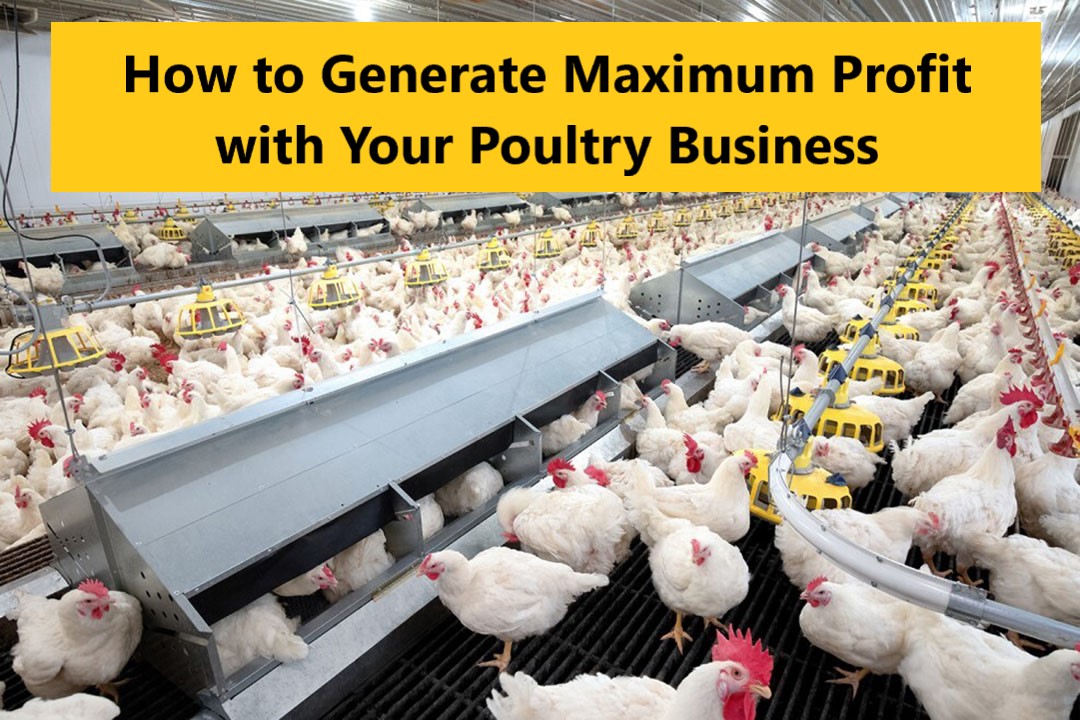Running a poultry farm in Pakistan can be a rewarding endeavor, but it comes with its share of challenges. One of the most significant threats to poultry farms is the risk of viral diseases. In this article, we’ll explore practical steps and strategies to keep your poultry farm safe from viral diseases while keeping costs in check, using simple and easy-to-understand language.
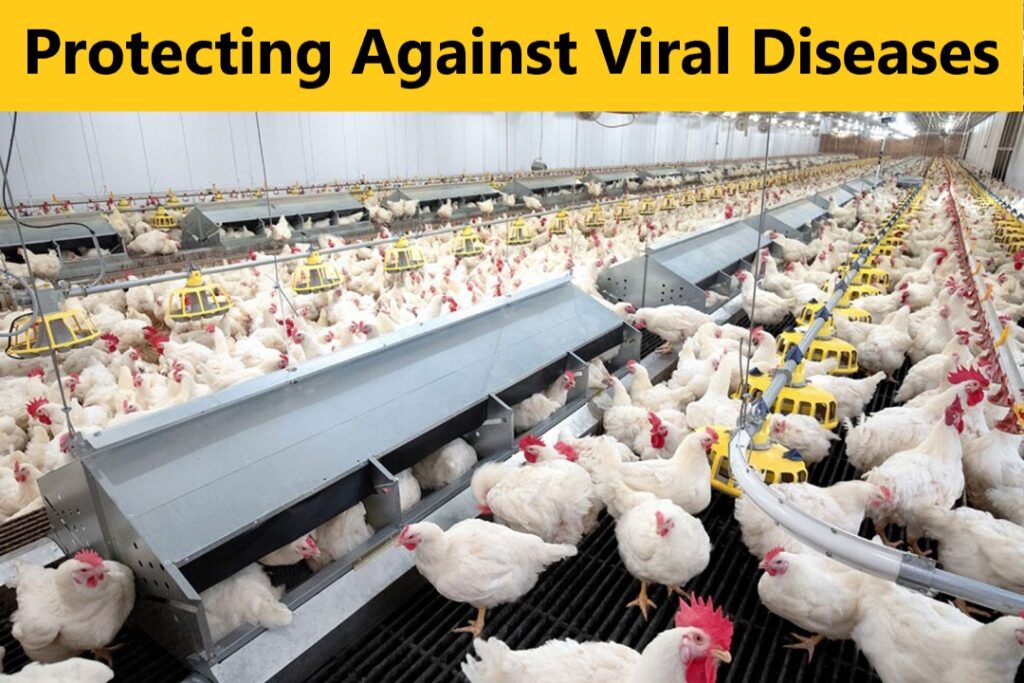
Table of Contents
Understanding the Risk
Viral diseases in poultry can be highly contagious and devastating to your flock. Diseases like avian influenza, Newcastle disease, and infectious bronchitis can spread quickly, leading to significant economic losses. Prevention is the key to safeguarding your poultry farm against these threats.
Biosecurity Measures
Secure Perimeter Fencing
Maintaining a secure boundary around your poultry farm is essential. Fencing keeps out unauthorized individuals and animals that could introduce diseases to your flock.
Controlled Access
Limit access to your farm only to necessary personnel. Implement a sign-in and sign-out system to keep track of visitors and workers.
Foot Baths and Hand Sanitizers
Place foot baths and hand sanitizers at entry points to prevent the spread of diseases on boots and hands.
Isolation Areas
Designate an isolation area for new birds. Keep them separate from the existing flock for a quarantine period to ensure they are disease-free.
Cleanliness and Hygiene
Regular Cleaning
Maintain cleanliness in your poultry houses. Regularly remove litter and waste to reduce the buildup of pathogens.
Disinfection
Use disinfectants that are effective against common poultry viruses to clean and sanitize your equipment and facilities.
Proper Waste Management
Dispose of poultry waste properly. It includes manure, carcasses, and contaminated litter. Follow safe disposal practices.
Quality Feed and Water
Fresh Feed
Provide your birds with fresh, high-quality feed. Ensure the feed is stored in a clean, dry area to prevent contamination.
Clean Water Supply
Clean and disinfect water containers regularly. Ensure a continuous supply of clean water to your flock.
Monitoring and Vaccination
Regular Health Checks
Conduct routine health checks on your birds. Look for signs of illness, such as decreased egg production or respiratory problems.
Vaccination
Follow a vaccination schedule recommended by poultry health experts. Vaccination is an effective way to protect your flock from specific viral diseases.
Record-Keeping
Maintain detailed records of vaccinations, health checks, and any disease outbreaks. Good record-keeping helps you track the health of your flock and identify potential issues.
Early Detection
Learn the Signs
Educate yourself and your staff about the signs of viral diseases in poultry. Early detection is crucial to prevent the spread of the disease.
Quarantine
If you suspect a bird is sick, isolate it immediately. Quarantining sick birds can help prevent the disease from spreading to the rest of your flock.
Government Support and Resources
Seek Government Guidance
The government of Pakistan offers resources and support for poultry farmers. Consult with local agricultural authorities for guidance on disease prevention and control.
Access to Testing
In the event of a disease outbreak, work with government agencies to have your birds tested. It can help identify the specific virus and determine the best course of action.
Financial Preparedness
Emergency Fund
Maintain an emergency fund for unforeseen situations, including disease outbreaks. Having funds set aside can help you take quick action to address the issue.
Insurance
Consider poultry insurance. It can provide financial protection in case of significant losses due to viral diseases.
Conclusion
Protecting your poultry farm from viral diseases is essential for your farm’s success. Implementing biosecurity measures, maintaining cleanliness, providing quality feed and water, and monitoring your flock’s health are all critical components of disease prevention. Early detection and government support can also make a significant difference in managing disease outbreaks.
By following these strategies and staying informed about the latest developments in poultry health, you can keep your poultry farm safe from viral diseases and ensure the well-being of your flock while safeguarding your investment.
If you are looking for more informational articles on chicken then do visit our Chicken category. We are uploading fully researched articles about chicken.

